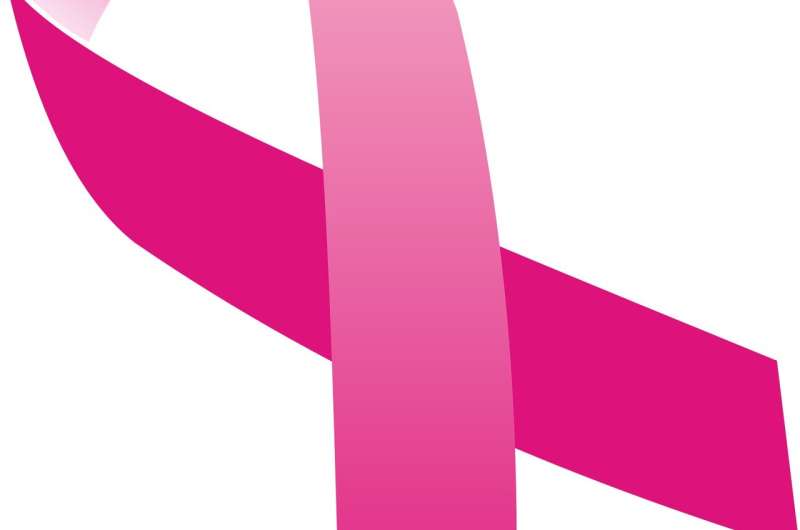Chronic lower extremity lymphedema has dramatic impact on physical function in large number of older female survivors

A new study has found that nearly one third of older adult female survivors of colorectal, endometrial and ovarian cancer have quality of life-impacting challenges with physical activity due to chronic swelling (lymphedema) in the lower extremities. This is the first study to assess lower lymphedema in colon cancer survivors.
Researchers with The Ohio State University Comprehensive Cancer Center—Arthur G. James Cancer Hospital and Richard J. Solove Research Institute (OSUCCC—James) say these findings call attention to the importance of regularly assessing lower-extremity lymphedema in older survivors of cancer—something that's not part of current national clinical practice guidelines—so that effective and timely interventions can be given to preserve physical ability and independence in this population.
They report their findings in the March 9 issue of the journal JAMA Oncology.
Lymphedema is a chronic condition with symptoms that include swelling, heaviness, pain discomfort and decreased mobility in the lower and upper extremities, most often associated with side effects of cancer treatment. The condition impacts a person's ability to perform activities required of daily living—for example, walking, standing for long periods or lifting heavy objects. Left unchecked, the condition can cause chronic infections in the affected area of the body (often arms, pelvis or legs) that in severe cases can lead to limb loss.
"Survivors of cancer continue to live longer thanks to early detection and more effective treatment, but long-term quality of life has become even more critical as a result. Studies show that when a person has limited physical ability it impacts both mental and physical health—and that impact layers over time to be even more challenging as individuals age," said Electra Paskett, senior author of the study and associate director of population sciences and community outreach at the OSUCCC—James.
Study methods and results
For this new report, researchers conducted a secondary analysis of 900 postmenopausal women previously diagnosed with endometrial, colorectal or ovarian cancer. All study participants were part of the Women's Health Initiative (WHI) and its ancillary study, LILAC (Life and Longevity After Cancer), which enrolled cancer survivors from the WHI. LILAC is co-led by investigators with Fred Hutchinson Cancer Research Center, Kaiser-Permanente and The Ohio State University. WHI enrolled women from 40 partnering medical institutions, including the OSUCCC—James, across the United States between 1993 and 1998.
The average age of participants was 78.5 years, and an average of 8.75 years had passed since each person's cancer diagnosis. When compared to similarly aged women who did not have lower-extremity lymphedema, all experienced decreased functional physical abilities. Survivors of colorectal cancer were disproportionally affected; 21.8% of these patients reported significantly declined physical function, as well as an increased need for help with activities of daily living, such as walking, standing for long periods or lifting heavy objects. This association was not found in survivors of endometrial or ovarian cancer.
"Our data call attention to a significant and important challenge for a large portion of female cancer survivors that deserves meaningful attention and action from the medical community as part of long-term survivorship care," Paskett said.
"It isn't just about surviving cancer; people deserve to thrive in life post-cancer," she added. "Our findings suggest an urgent need to identify and implement interventions—especially among older survivors of cancer—to reduce lower extremity lymphedema symptoms, improve physical functioning, and maintain or improve affected individuals' ability to maintain independent living and quality of life."
More information: Association of Lower Extremity Lymphedema with Physical Functioning and Activities of Daily Living Among Older Survivors of Colorectal, Endometrial and Ovarian Cancer, JAMA Oncology (2022). DOI: 10.1001/jamanetworkopen.2022.1671



















